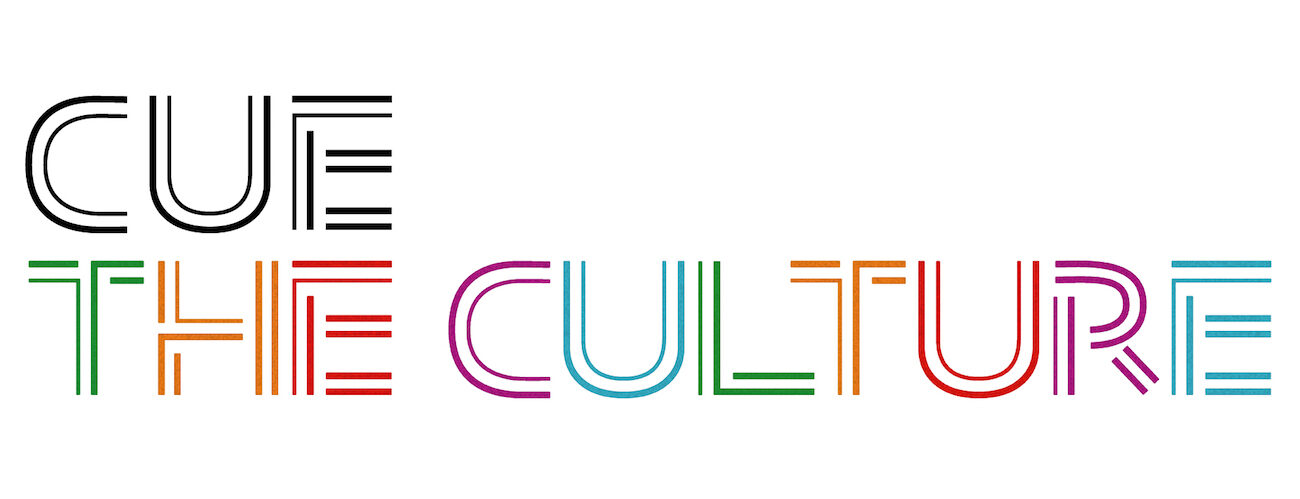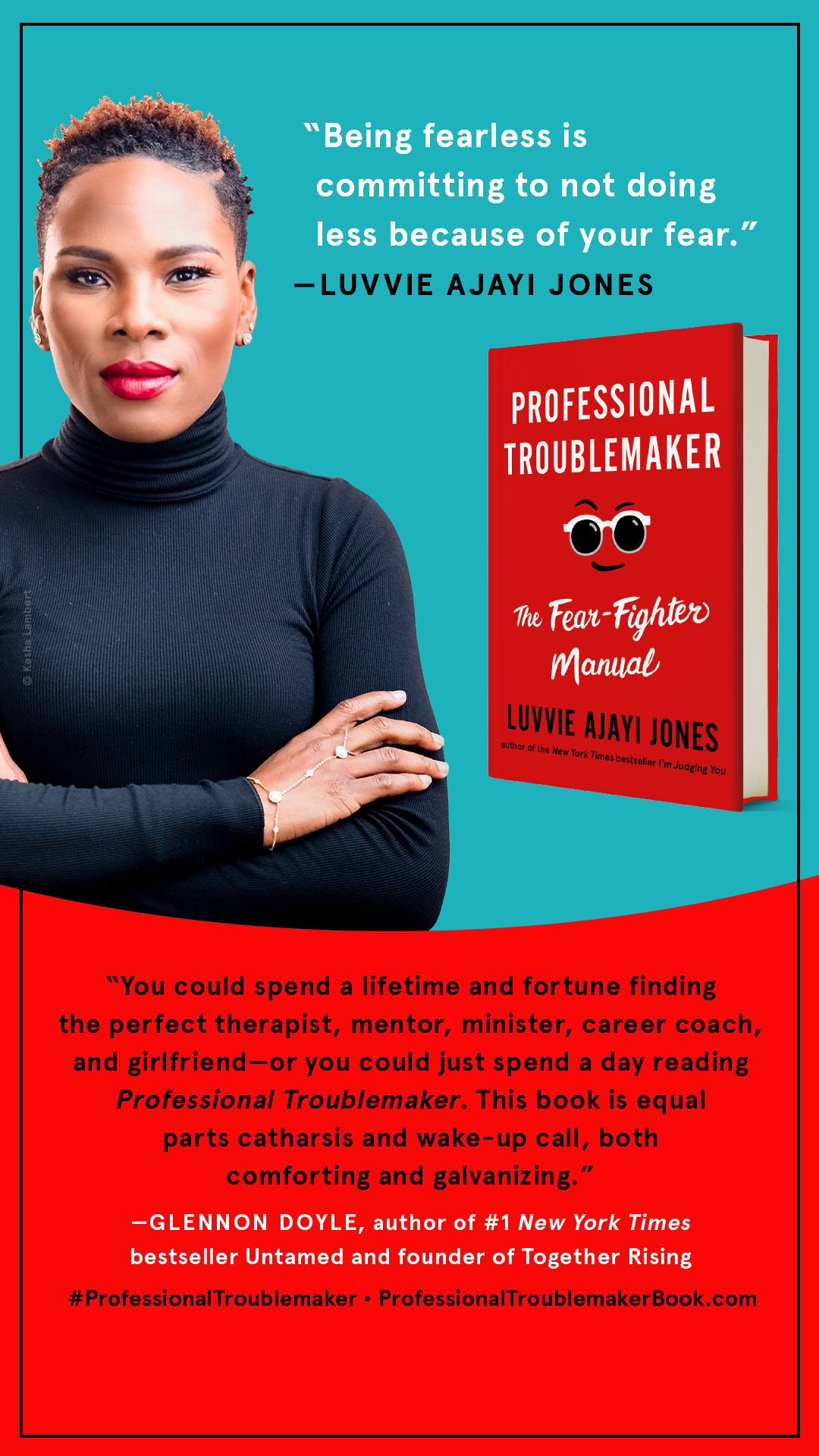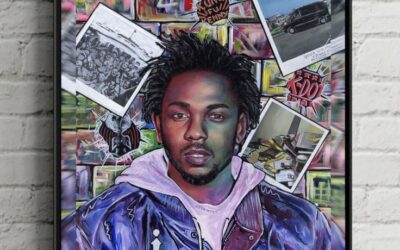Dennis Dortch: Established in the Year of Black & Sexy
Written by Tulani Watkins | IG @TulaniWatkins
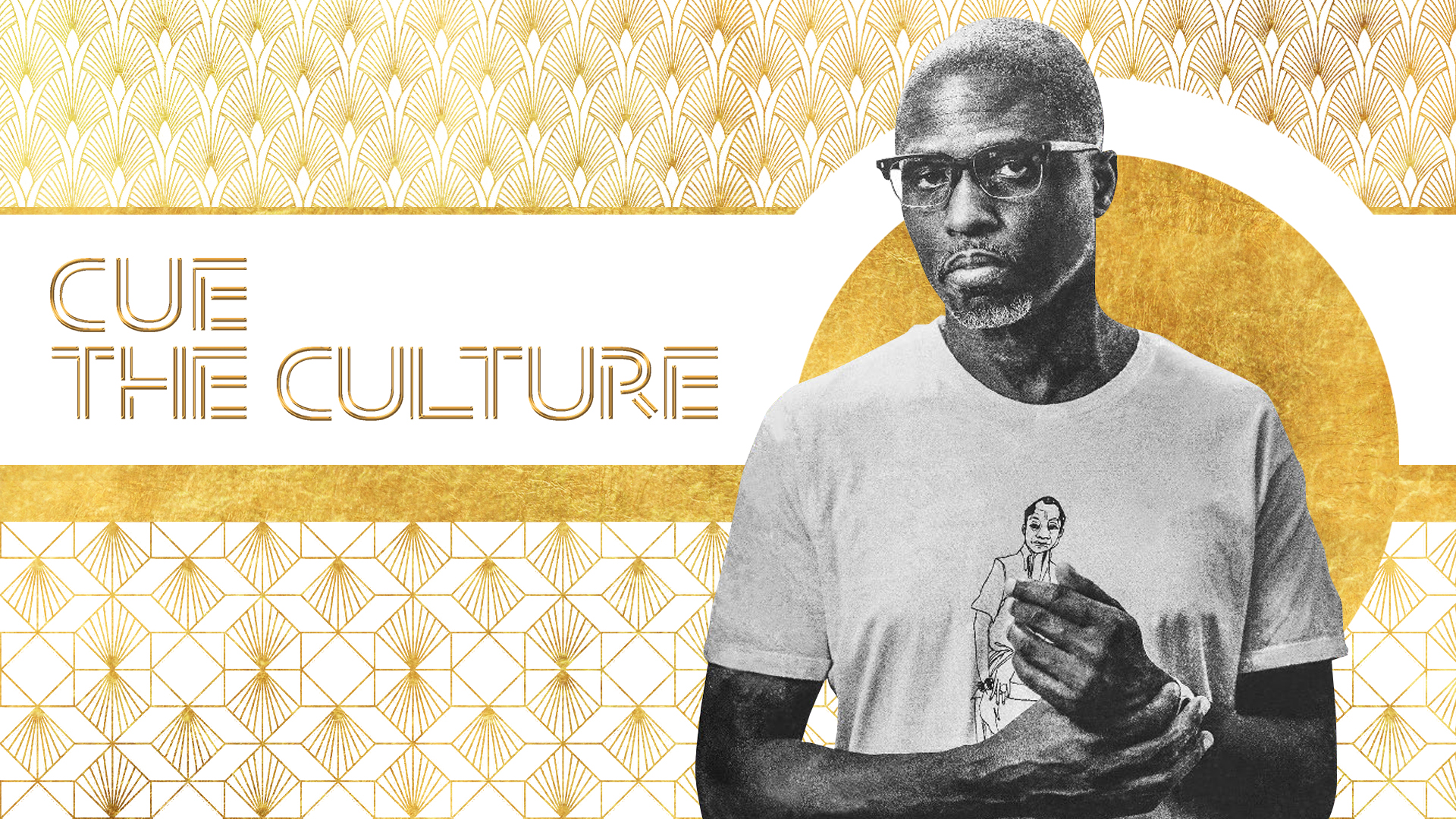
2020 was a year of exhaustion, but for the doers and dreamers it was a year of infusing energy into new opportunities, and that is exactly what Dennis Dortch, the CEO, Co-Founder, and Creator of Black and Sexy TV is doing. He says it as he means it, either you move with him or watch him make moves. My name is South-East African. I am from Compton, raised in a home with Black History lessons, including but not limited to Halloween costumes and celebrating Kwanzaa, so as you could imagine I was ready for Dennis’s passion on pushing the Black Narrative. When he stated – “I strive in adverse conditions” – I knew that this would be a conversation that would impact and inspire me beyond this article.
Dennis is a man that speaks, creates, and embodies his passions all the way down to his wardrobe and living space. His background contained physical album vinyls including Shirley Browns’, Woman to Woman (1974) and Betty Davis’ Is it Love or Desire? (1976), making you take note of the depth of his interests for the arts. Noticeably, Dennis was wearing a ‘Save Ferris ‘86’ T-shirt, paying respect to an iconic film, Ferris Bueller’s Day Off (1986), and the homage paid by the band: Save Ferris, proving his dedication to his greatest passions: Music & Film.
Many entrepreneurs of color have humble beginnings and Dennis is of no exception. He was raised by a single-mother who remarried a military man, making Dennis a nomad from the young age of ten to eighteen. He proudly professes his love for music as a part of his upbringing. Originally, he thought he would run his own label, produce music, and become a rapper, paving the way for a younger Gemini-twin of his, publicly known as Kanye West. Dennis stated they both are a “little bit of an a*shole <and> a little think you know everything.” Dennis is a true testament to the work ethic of the executive that has pushed through and sustained a business in a world of multiple streaming platforms and social media apps.
When asked about the TikTok’s, Snapchat’s, and Quibi’s of the world, Dennis occasionally checks them out for industry knowledge. He recognizes the only thing that has not changed “is innovating and the way we approach things”. In other words, “you know what you know”, and Dennis sticks to his gut as it has helped him survive, while openly admitting some missteps that have limited his full opportunity to thrive.
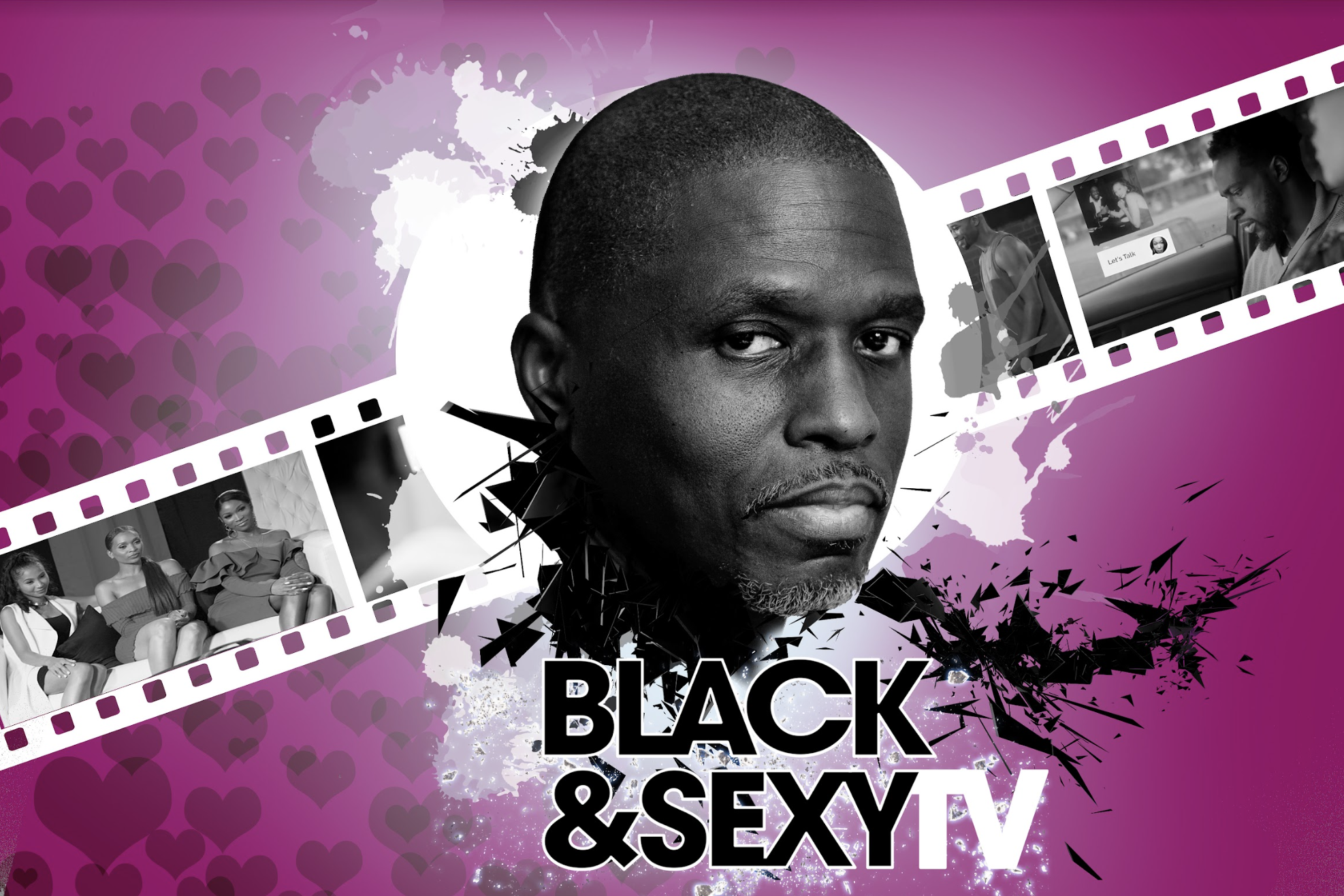
I am passionate about media, technology, and social impact; and how they all connect to impact our daily lives via work, socializing (distancing included), entertaining us, and so on. However, it is the everlasting change in our socio-economic status that has me intrigued: How to get more of us ownership and upward financial mobility? This is what made connecting with Dennis so refreshing.
Dennis rocks with a Black Wall Street and #OwnYourLane mentality. If he builds it himself and does his thing, it may be smaller, but it is his. He recently realized how much his son and other family members are inspired by his endeavors; he is a practical man that is always learning. For his daughters and the mothers of his children, he would like to be seen as someone who has made mistakes, but who is still developing and growing with the goal to inspire them. After all, aren’t we all ‘working on ourselves’?
Dennis stated “that moment when you realize peanut butter and chocolate taste good together”, was the feeling he got when he discovered the possibilities of film as a student studying audio-engineering at Loyola Marymount University (LMU) in Los Angeles. It was the Super 8mm camera back in the day that he used, where he connected the feeling of how editing had a particular rhythm to it. Shortly thereafter, Dennis changed his major to film; he sometimes regrets making the switch. I believe in today’s world relationships, experience and the ever-changing impact of technology across industries, allows for almost anything to be learned and pursued.
Honey (1999), the Blaxploitation experimental film that Dennis created while in college, was musically driven without dialogue, and paid respects to his favorite seventies albums. This marked the first time he would enter the festival circuit via Slamdance, and where an agent from William Morris dropped their business card in his contact box. Dennis followed the lead, which led him to Charles King, Founder/CEO of MACRO. It takes a special type of poker face to maneuver in Hollywood and Dennis is not always interested in the shuffle, due to his straightforwardness and disinterest in the bureaucracy.
After college, Dennis worked on The Spot, a web series that resembled MTV’s, ‘The Real World’. He wrote the first black character in his career, and a white female character that he respectfully spelled out as having, ‘BITCH’ characteristics. At The Spot, he honed his writing and acquired video elements skills. These learnings, coupled with the understanding that when technology and internet bandwidth got faster, he knew he would make a network or show that would take on a super Black identity.
At the beginning of his career, Dennis was hired and later fired from Sony providing him time in his life to create something for the people. He called up his college buddy, who at the time was still doing special effects at Sony, and within a year they created the film: It’s A Good Day to be Black & Sexy (2008). There was some magic of pulling money out of his home to fund the film, meeting his then partner (Numa Perrier, Jezebel) on MySpace to shoot the cover, and getting accepted into Sundance on his second submission. Regarding the bold name of his film, Dennis stated, “It either repelled people or brought them in”, including the likes of Netflix for a seven-year licensing deal.
The early days of what morphed into Black & Sexy TV, proved how determined Dennis was to tell stories and use his entrepreneurial capabilities. To his credit, he was an early adopter to social media and capitalized on the fact that mainstream media was moving slowly. He knew the timing was right to leverage MySpace and Facebook to market directly to his audience, and it proved fruitful. Dennis always had a goal of finding a way to advocate Blackness, while others shy away from, “being too Black”. He did this before Beyoncé dropped Black is King, before Netflix embraced #StrongBlackLead, before we had our MVP Kamala Harris, and before we got our lifeline of #BlackLivesMatter.
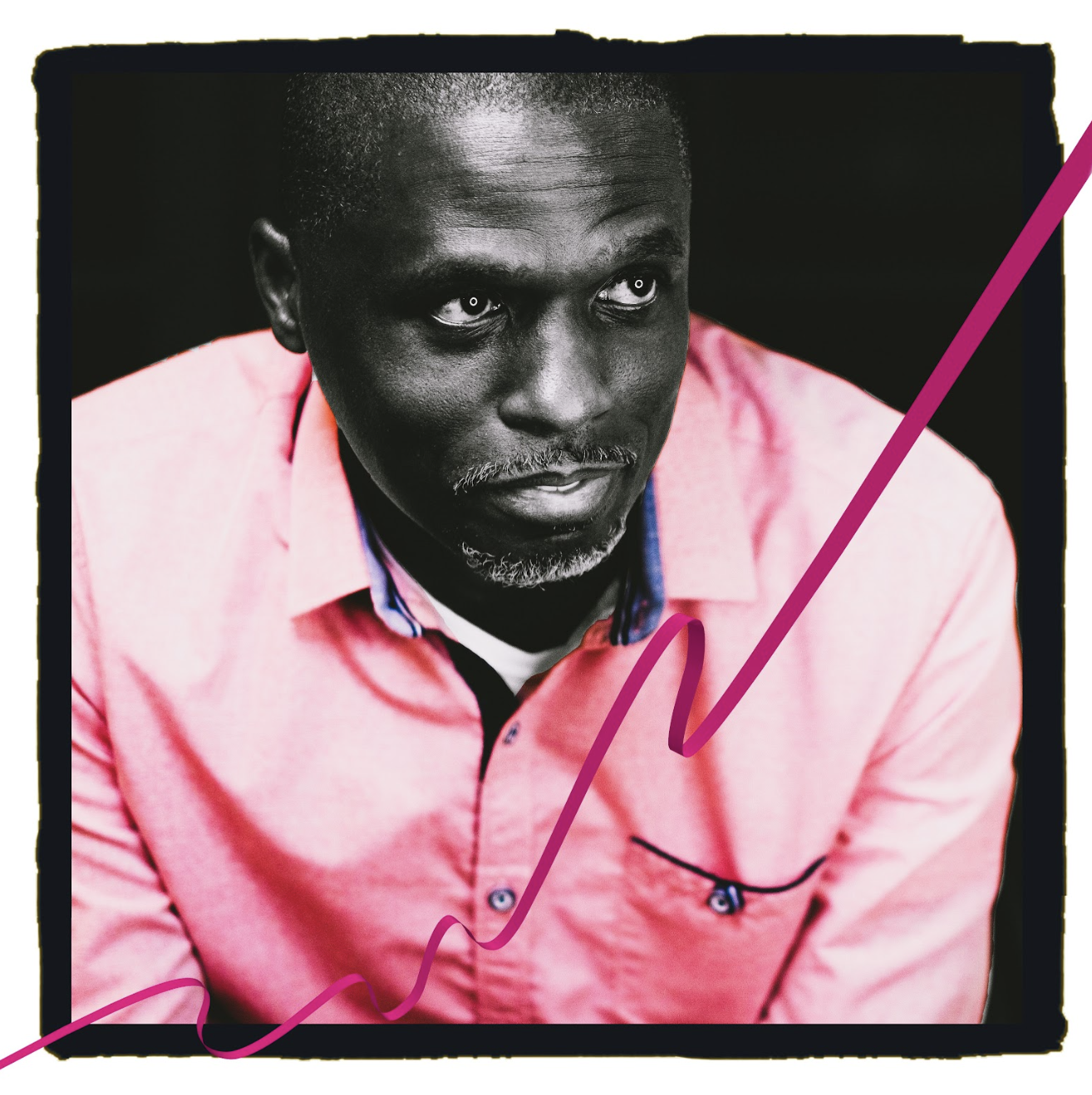
People were persistent about joining his movement including, Jeanine Daniels. He stated creatives work off of energy, but that does not always merit the best results when building a company. As time went on, he learned the inner workings of YouTube from Issa Rae of Awkward Black Girl and Insecure. They worked together, including Dennis directing an episode of Awkward Black Girl; they also shot a pilot that got pitched to Showtime. Privately, they discussed how a cable network will pursue one creator of color over the other; alluding to the reality of decision-makers only choosing one token Black person at a time. I was not shocked by what Dennis told me, as this is the reality of today’s workforce. Across almost every industry, there are opportunities that are not provided to qualified Black and Brown individuals; because the ‘dominant group’ believes there is a limited talent pool, or in the case of consumerism, the niche market is insufficient to achieve a real return on investment.
Dennis went on to leverage YouTube to reach his majority female audience. He took control of monetizing his network by using VHX, a digital distribution platform acquired by Vimeo, that allows independent filmmakers to charge for their content. To this day, Black & Sexy TV holds the title of being one of VHX’s most notable performing channels. Next, he created shows, got TV opportunities with HBO and BET, although the deals fell through due to him focusing on the short-term gain, versus the longevity of his business. He now prioritizes opportunities when they present themselves. We all should.
2020, caused many people who were ‘sleep-walking’, to wake up, but Dennis has always believed, “I am here. This is what we are doing”. While many Blacks might casually gloss over the question I asked Dennis, “When do we pull up for one another, together, and gather in unison?”
He feels, “Black people do not work together. We all want to be #1.” But at the same time he agrees, “if we put all of our resources and talents together where we demand advertising dollars, then “yes change can come” via a social-economical movement. He went on to share how it “truly has not been for a lack of trying, but stupid politics, with someone trying to take over, etc. That often has been the downfall.” Dennis believed the best thing was to continue to do what he does best with his platform, while connecting with his peers that run their own cultural streaming platforms and keeping an eye on their progress. I suppose, separate but equal has its benefits.
We probably could have written a pop-gospel-Black power anthem where he asked the questions and the choir answered:
Trust Issues? Not anymore.
Crabs in a barrel? Nope, we are all feasting.
Economic prosperity? Yes, we are claiming.
Refreshingly, Professor Dortch stated, “Collectively, in history when have we worked together? I just have not seen it.” He acknowledges, slavery destroyed our “sense of self” and that <we> “…are still looking for white validation. I am not against being a part of the mainstream <media> and award shows, but it cannot be our only card. Our relationships were manipulated from the beginning of this country to not trust each other. We don’t even trust making money together. White people don’t trust each other, but they understand the power of leveraging <one another>. Unfortunately, we can’t see that far ahead.”
He hopes it can change but he doesn’t think it is going to change like a <light> switch, but progressively over time. He claims to change the narrative, “it will take someone or two or three people to do it first”, in order for others to fall in line. Similar to how ‘Black Lives Matter’ existed for so long, but it took a catastrophic event, the timing of George Floyd’s murder during COVID-19, creating the perfect storm, although painful and dehumanizing to our community. I believe you reading this can create change, Cue the Culture magazine, myself and my network are all a part of the change. Change starts with us.
In the future, Dennis plans to create partnerships with larger companies and build a consistent brand, with content from creatives that are overlooked; including a new deal with Xfinity by Comcast for Black & Sexy TV’s own branded channel. Dennis acknowledges that the Black culture is known for making history and masterpieces in the music industry, and he envisions reaching that pinnacle of success for visual content. Past partners of Black & Sexy, including Jeanine and Numa, have moved on from Black & Sexy TV. Dennis made sure to acknowledge their contributions with great appreciation.
Black & Sexy TV has unapologetically steered the course for almost 15 years. They are taking advantage of the opportunity that exists in our ‘Roaring 20s’, and will continue to achieve milestones, while allowing others to benefit from the blueprint of Dennis Dortch’s expertise. Black & Sexy TV is powerful. I reflected on our conversation, and questioned, what if there were more ‘Woman to Woman’ talks? Is it ‘love or desire’ for the Black culture to be showcased and received? Should we get more days off like Ferris? I say let’s join Mr. Dennis Dortch and advocate Blackness, 365 days a year. As always – It’s A Good Day to be Black & Sexy.
